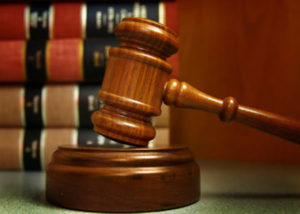
The United States has cancelled its observation of Uganda’s presidential election because most of its accreditation requests were denied and said Thursday’s vote would lack accountability and transparency.
The announcement adds to a chorus of concern over the credibility of the election pitting Yoweri Museveni, one of Africa’s longest-serving leaders, against 10 candidates including opposition frontrunner Bobi Wine, a popular singer.
While previous votes have been marred by crackdowns on the opposition, campaigning this time has been particularly violent. Scores of protesters have been killed and opposition candidates, supporters and campaign staff have been arrested repeatedly.
The European Union says the electoral process has been seriously tarnished by the excessive use of force and its offer to deploy a small team of electoral experts was not taken up.
A coalition representing hundreds of Ugandan civil society organisations said it had filed 1,900 accreditation requests but only 10 had been granted.
“Absent the robust participation of observers, particularly Ugandan observers who are answerable to their fellow citizens, Uganda’s elections will lack the accountability, transparency and confidence that observer missions provide,” the U.S. embassy in Uganda said in a statement.
Museveni’s spokesman Don Wanyama said the African Union and East African Community would deploy observers and he couldn’t remember when Uganda last sent monitors to the United States.
Museveni has dismissed interference by foreign partners saying they don’t understand that Uganda’s strength comes from the ruling National Resistance Movement (NRM) party, the army and the economy.
“We therefore don’t need lectures about anything from anybody. Because there’s nothing we don’t know,” Museveni, wearing a military camouflage jacket, said in a television address on Tuesday evening.
Stéphane Dujarric, spokesman for U.N. Secretary-General Antonio Guterres, said the U.N. human rights office was deeply concerned about the deteriorating situation.
“It’s a concern that we very much share,” he said. “There have been arrests, including limitations of rights, freedom of expression, freedom of assembly.”
Reuters.



